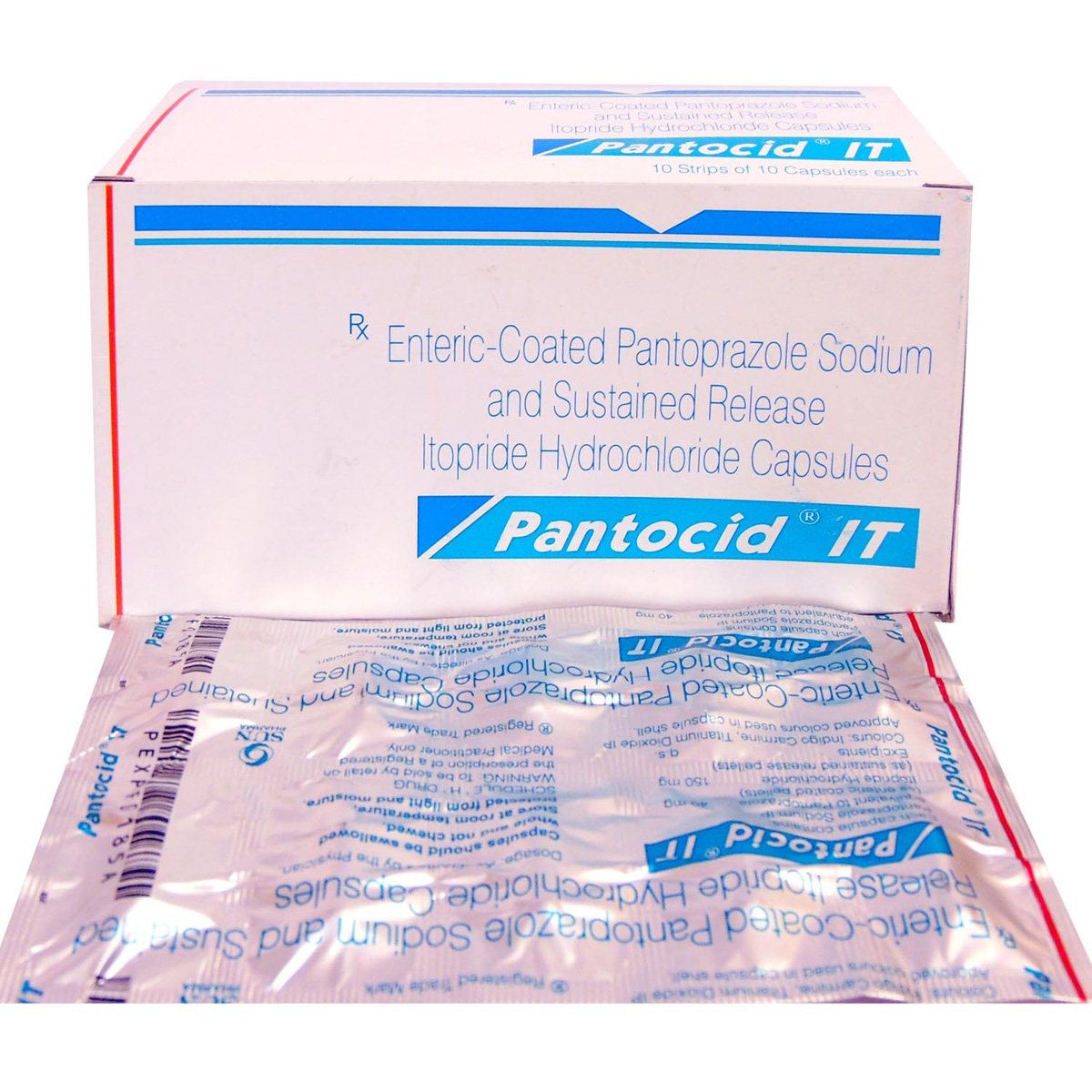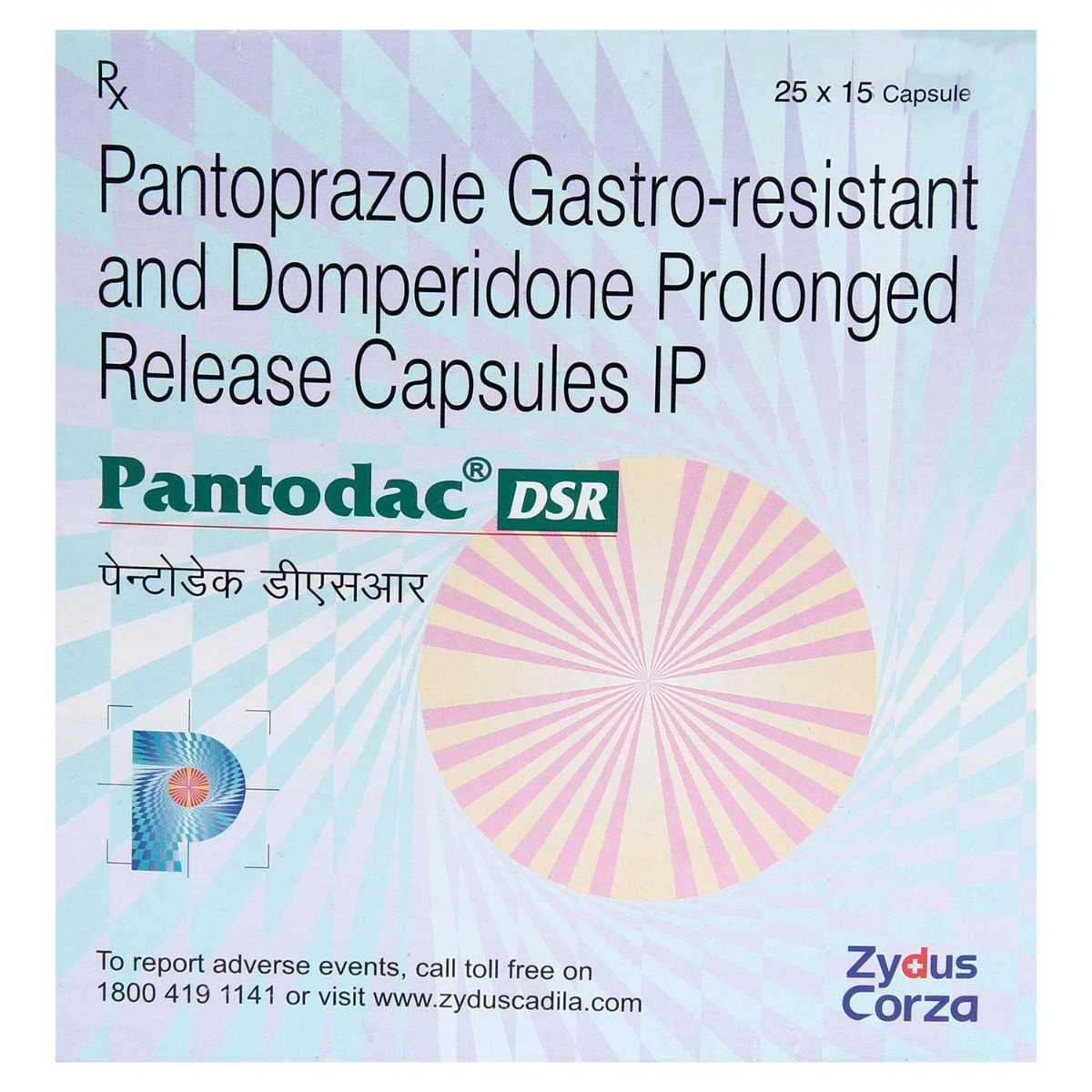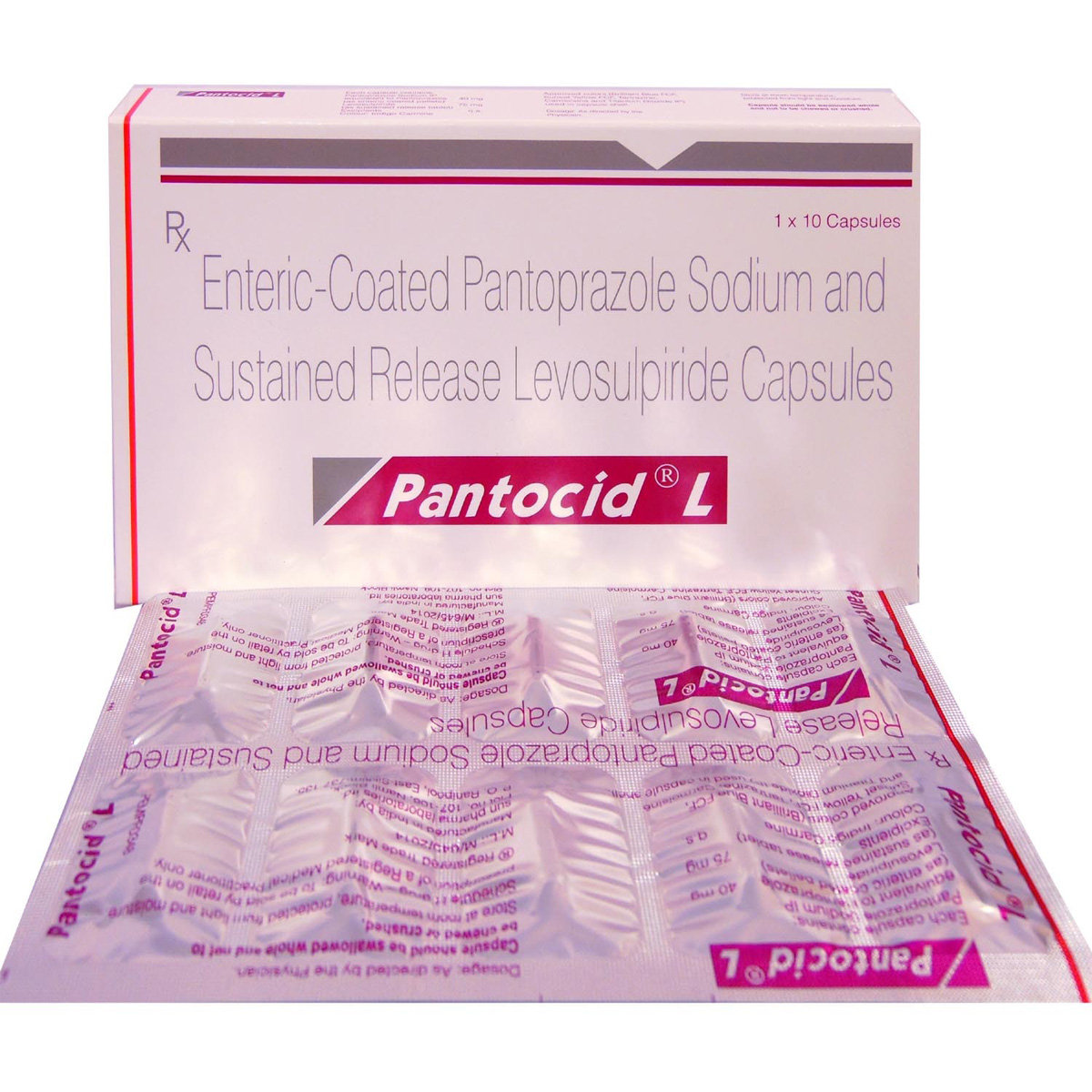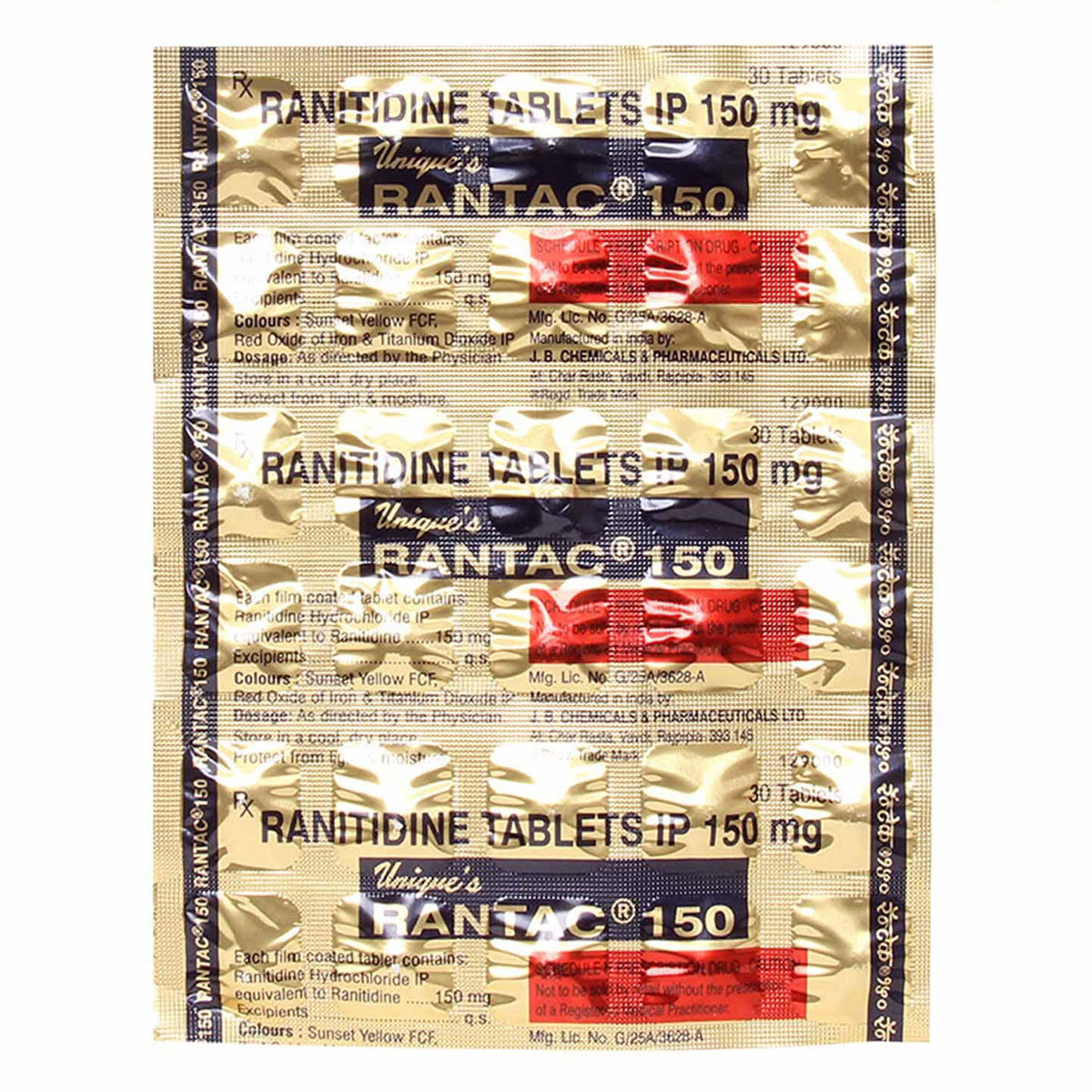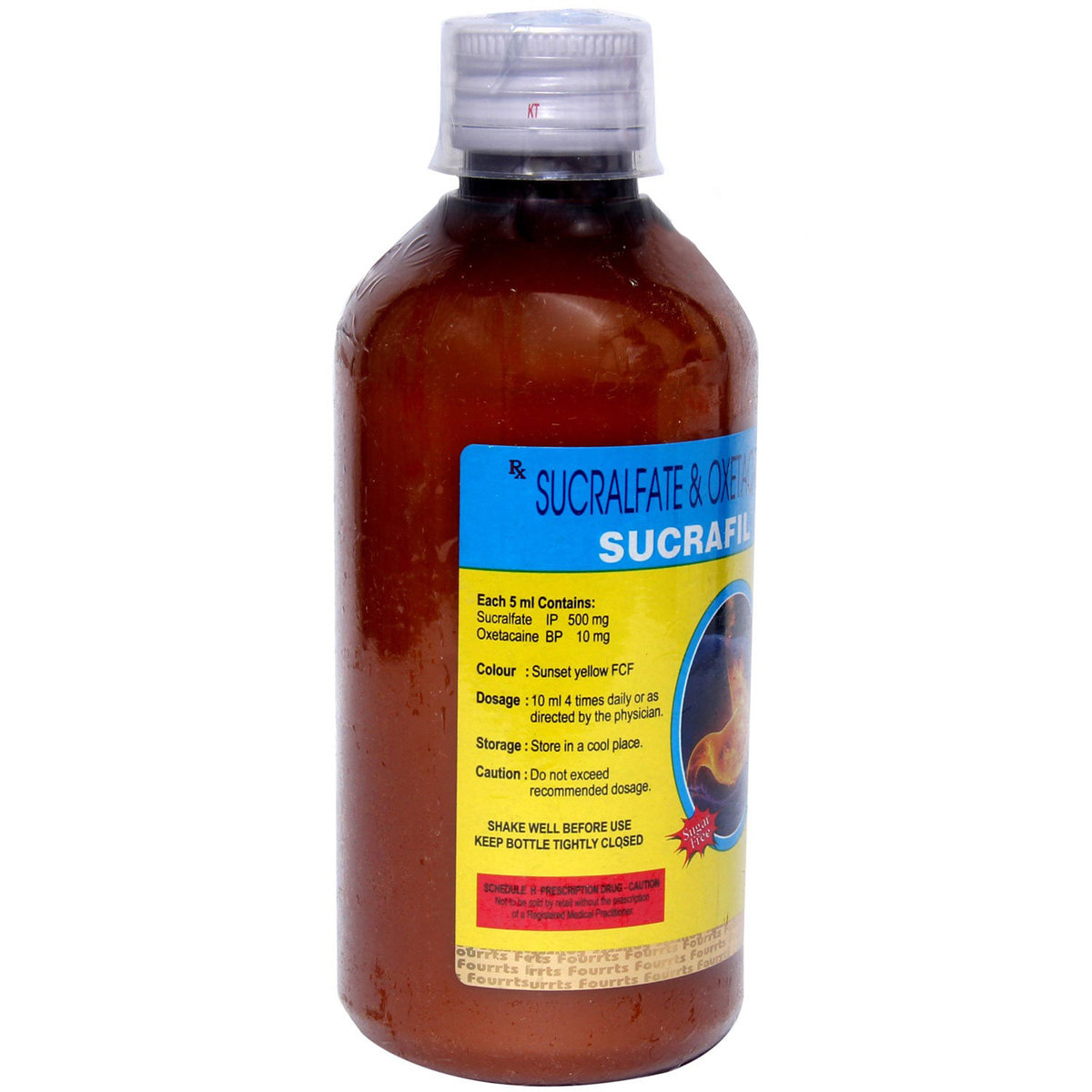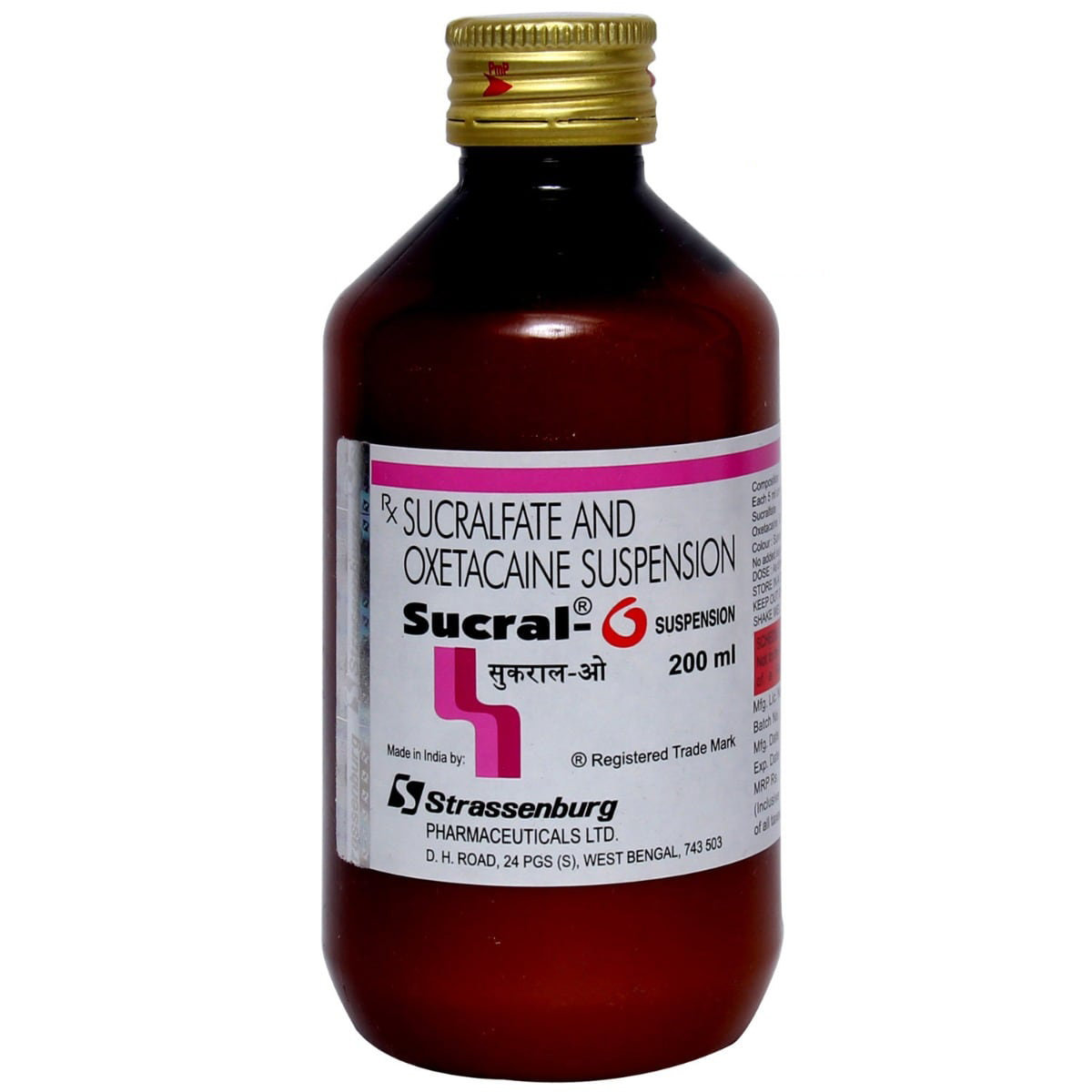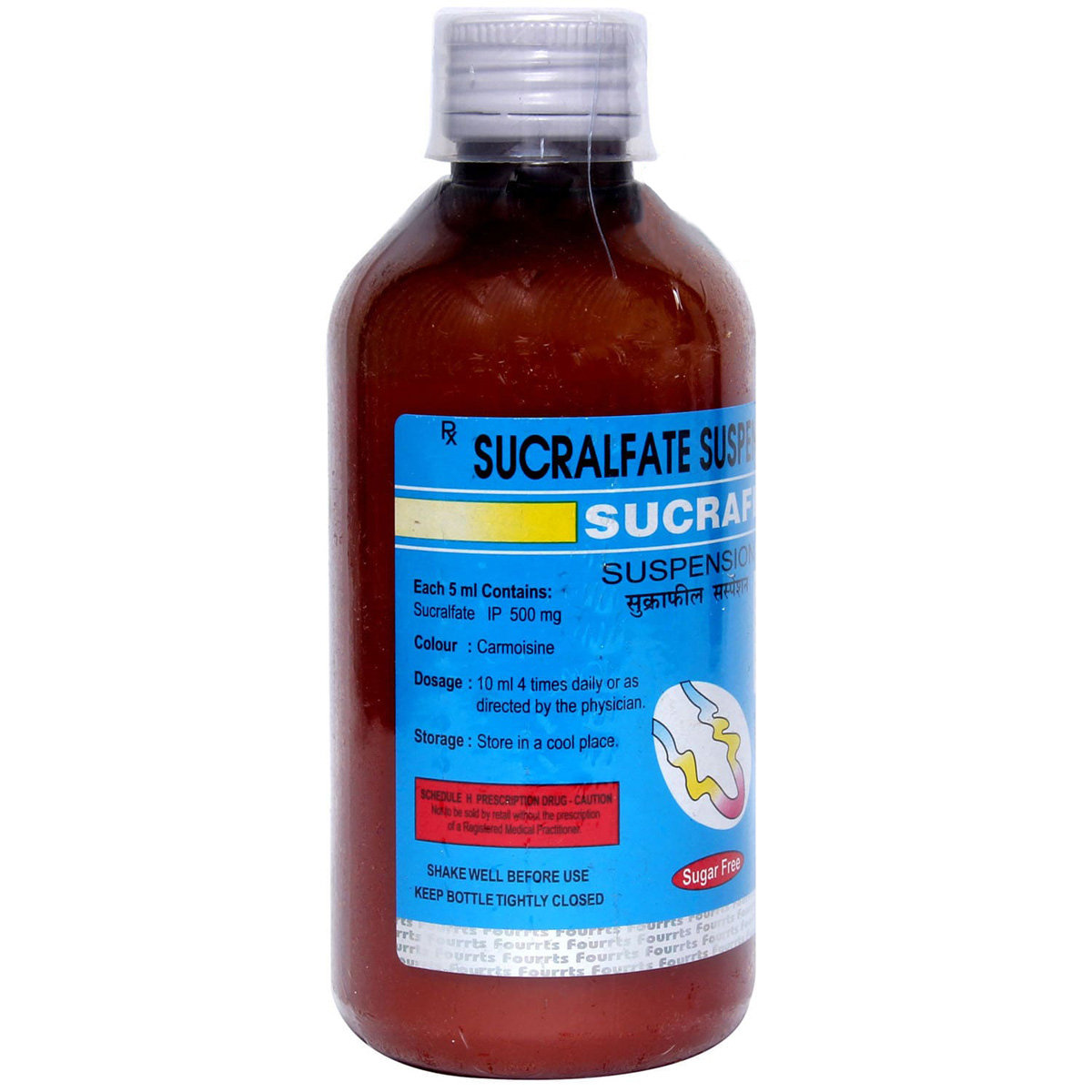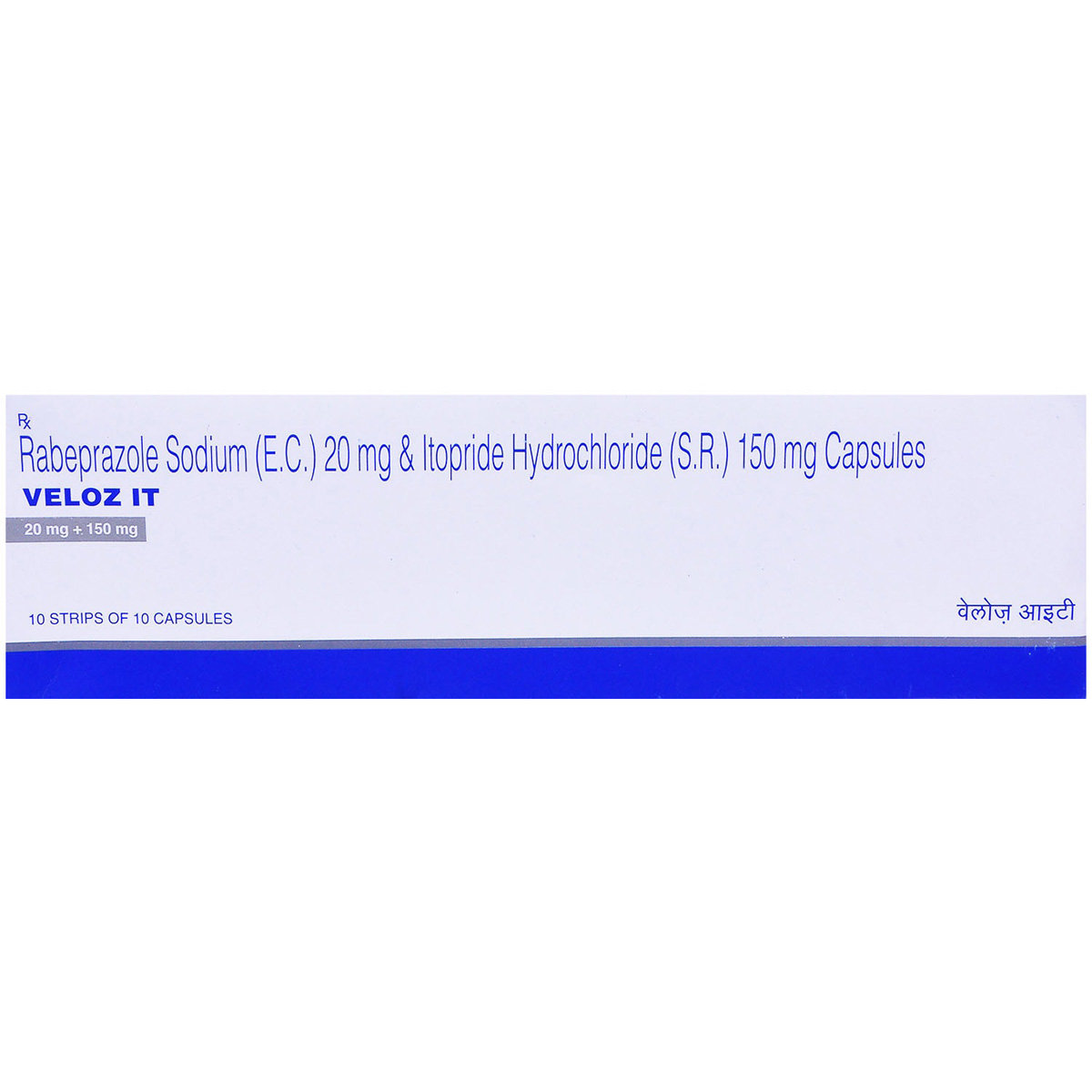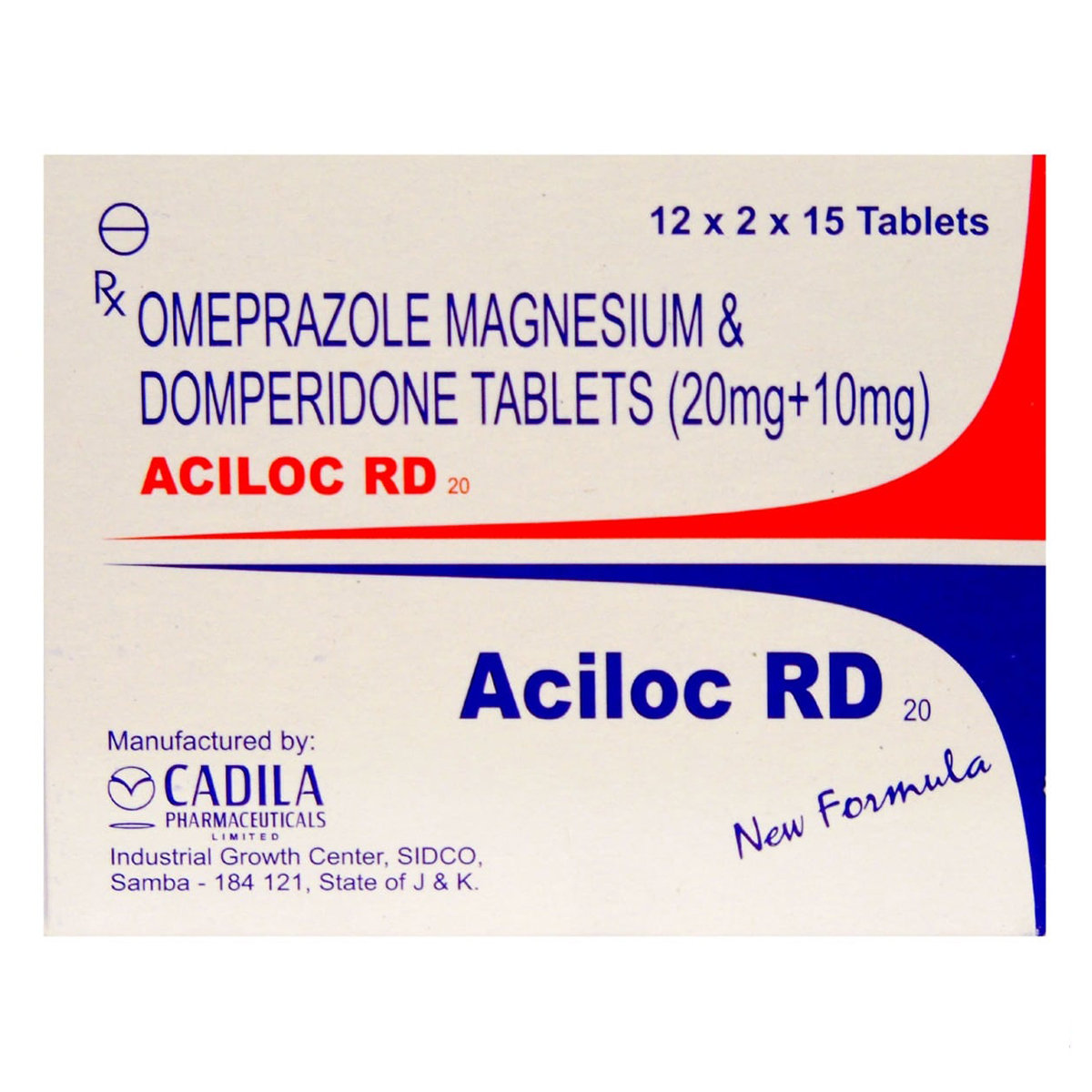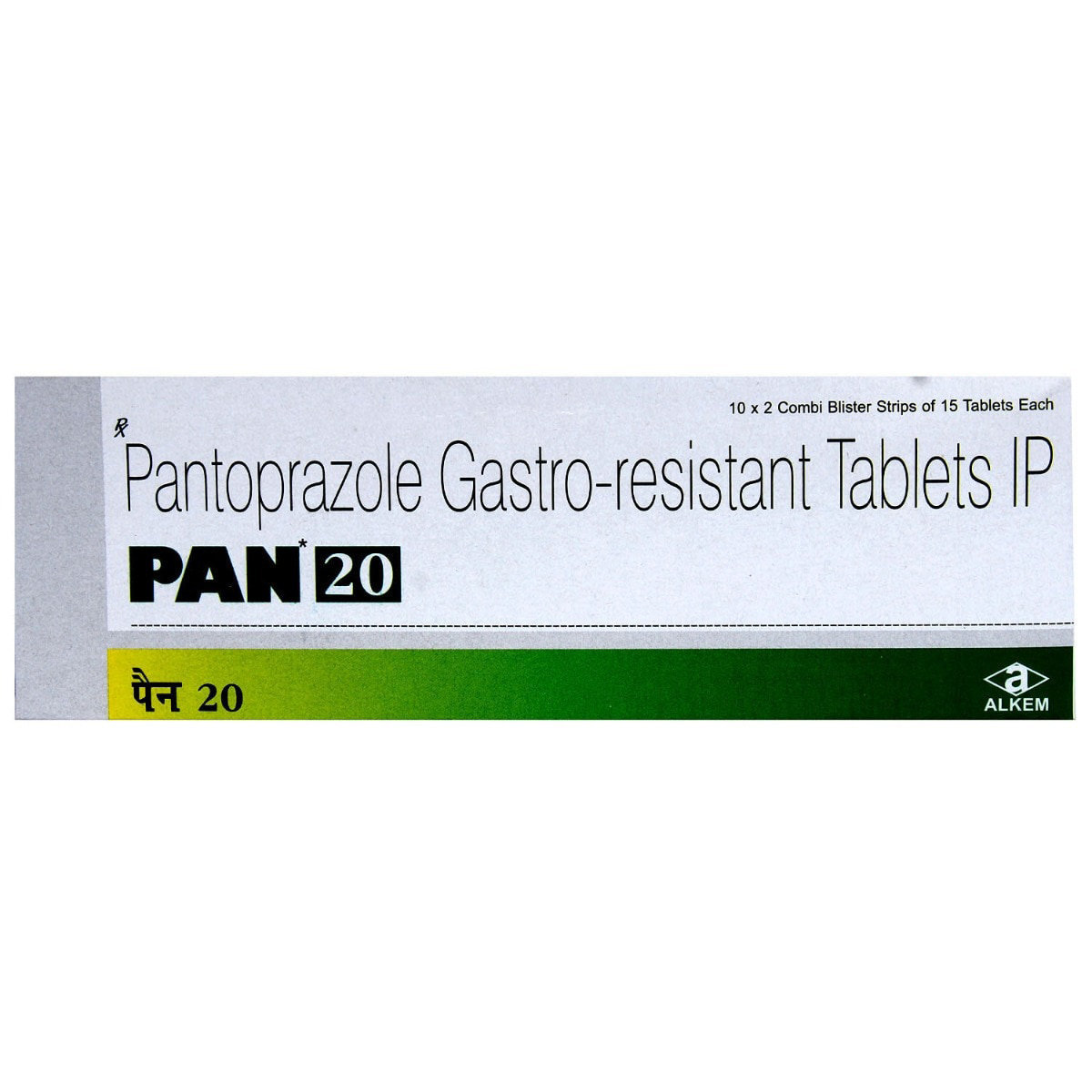- Home
- Health Condition
Medicine For Duodenal Ulcer
Medicine For Duodenal Ulcer
- Total Items (997)
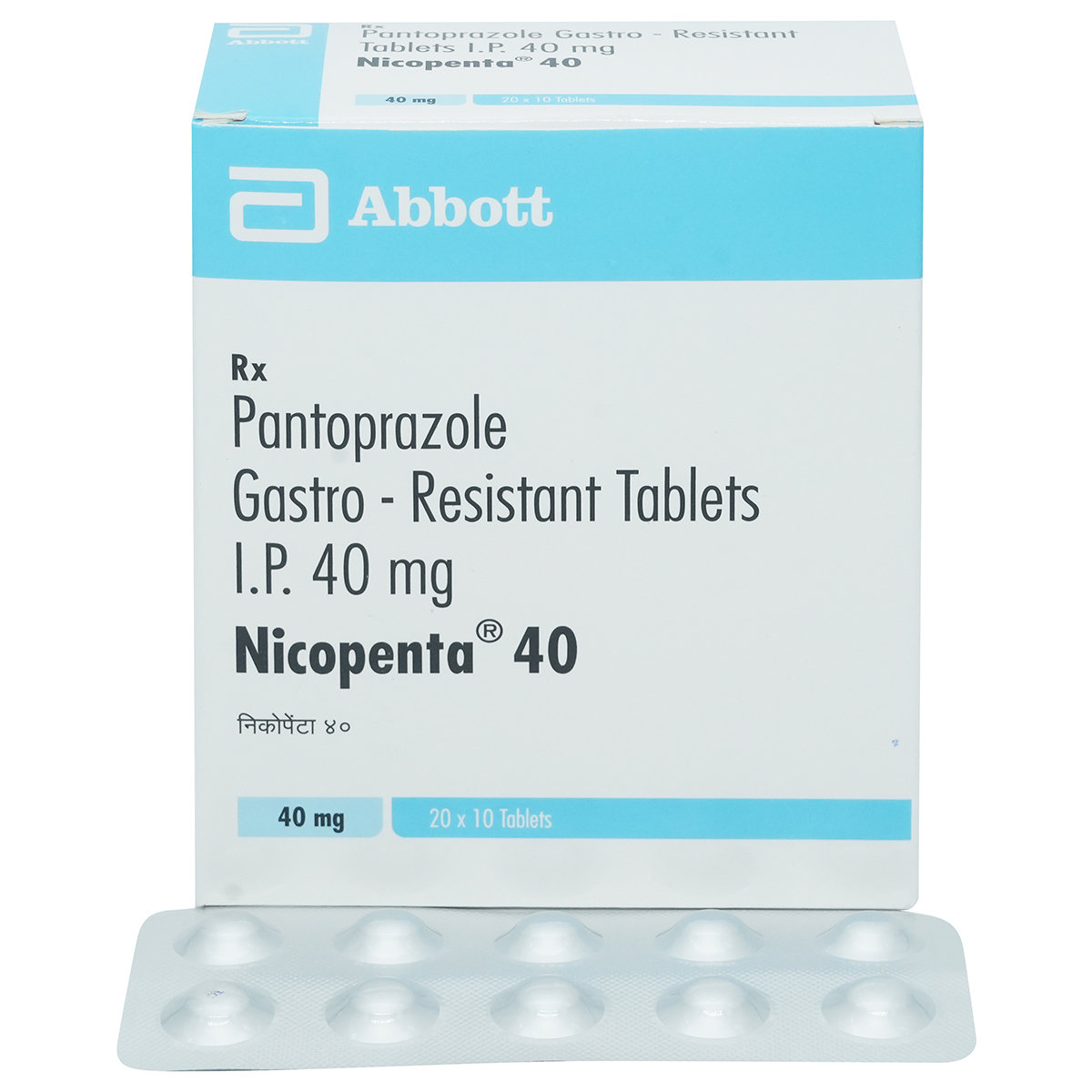 RX
RXNicopenta 40 Tablet 10's
₹113.60
MRP ₹151.50
25% off
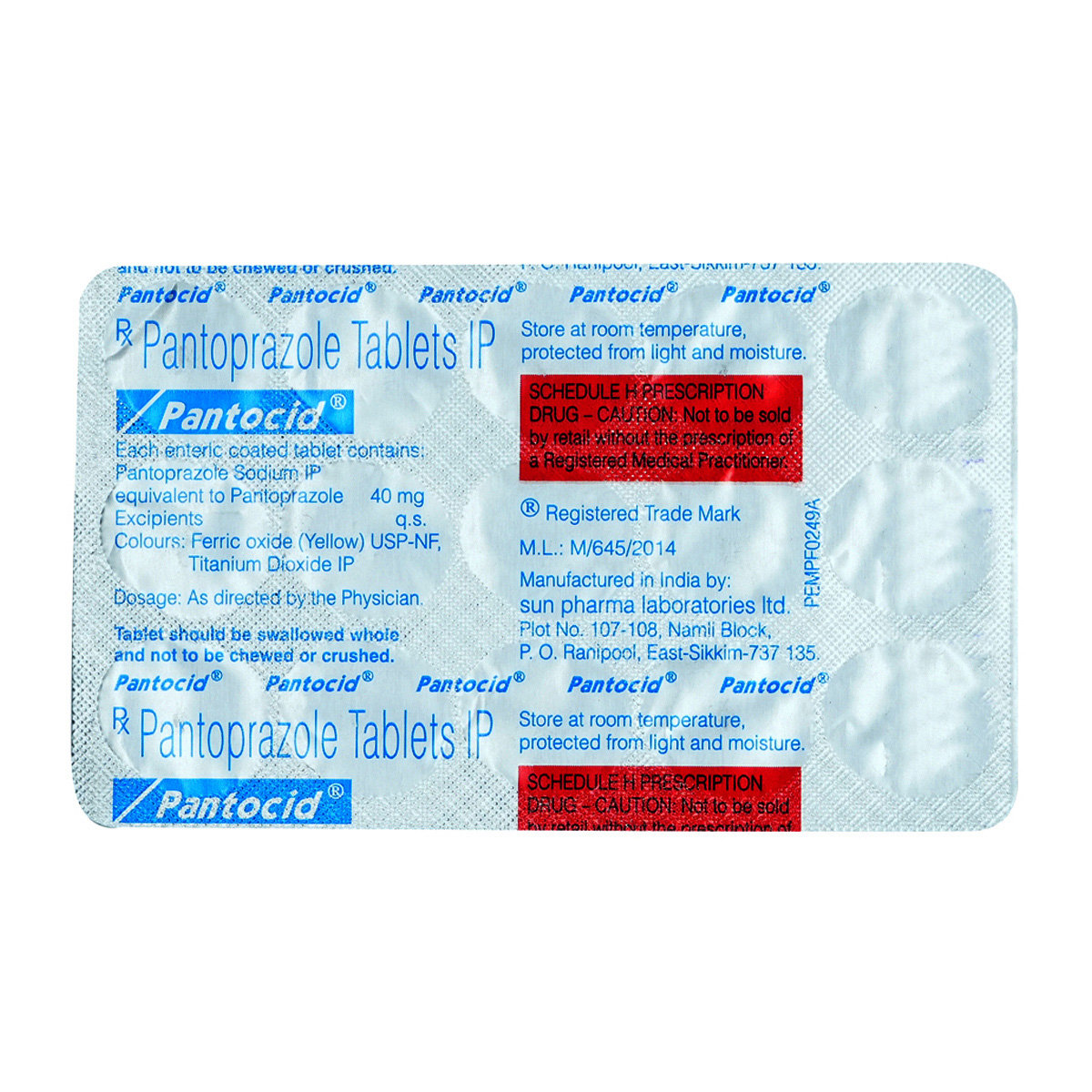 RX
RXPantocid Tablet 15's
₹193.50
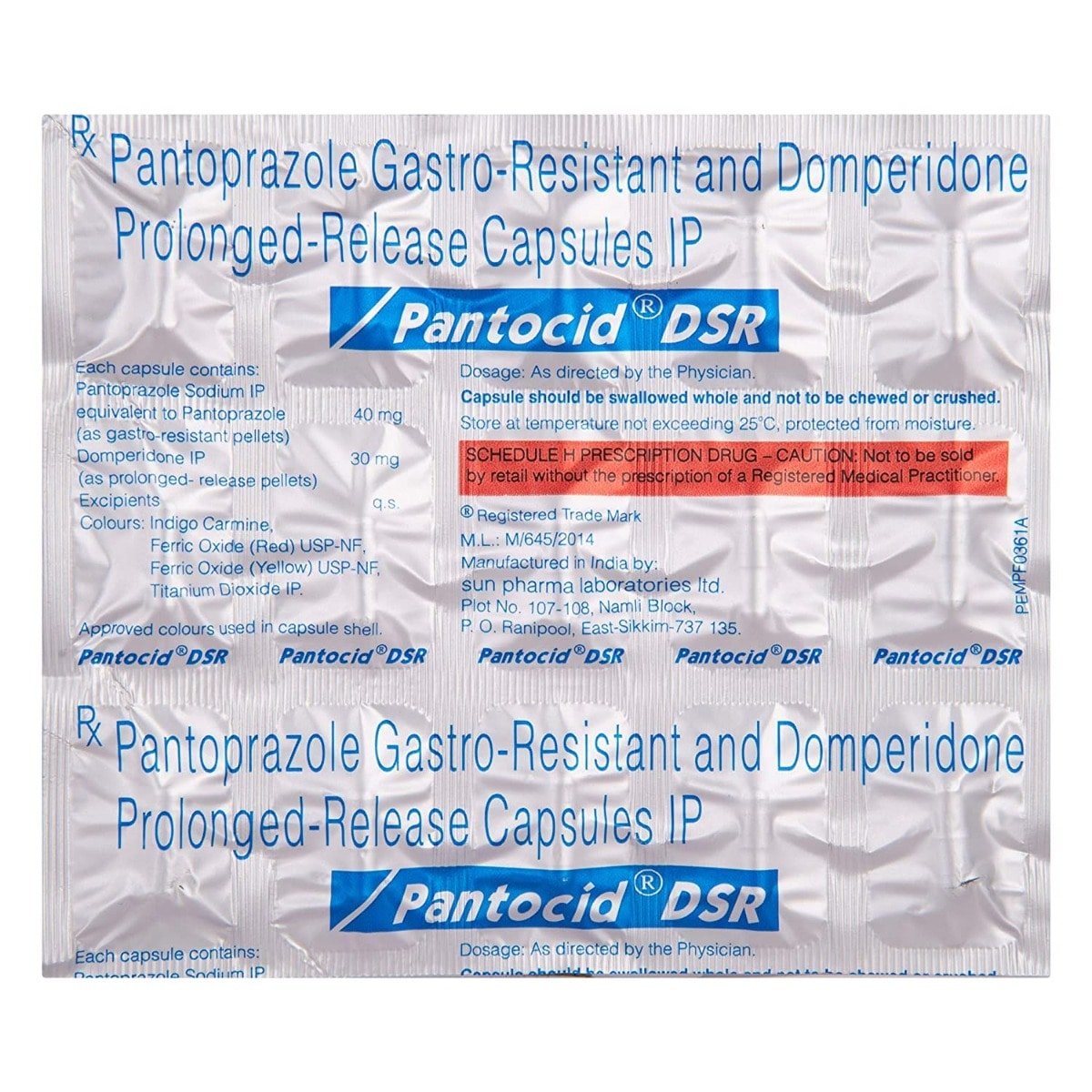 RX
RXPantocid DSR Capsule 15's
₹244.50
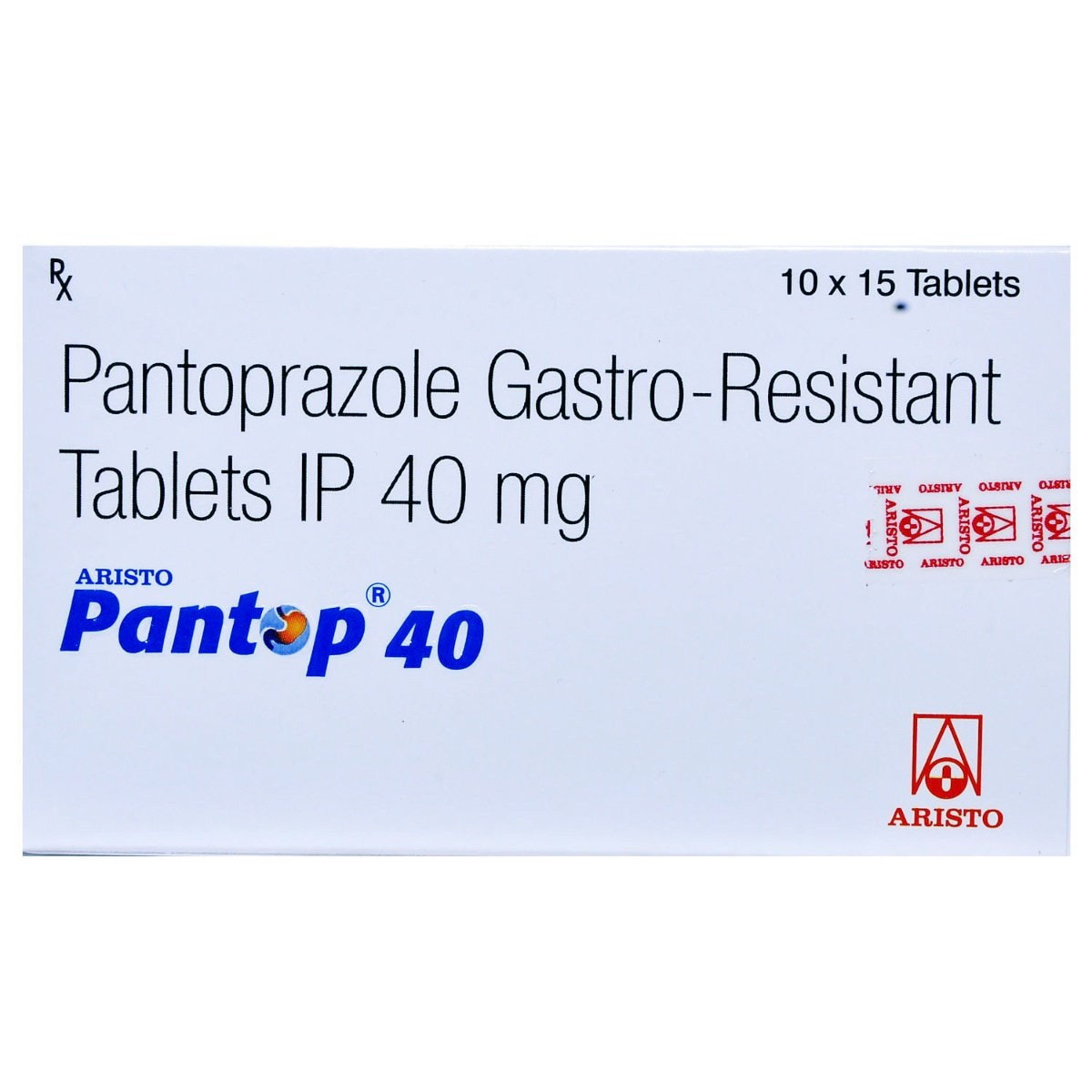 RX
RXPantop 40 Tablet 15's
₹169.50
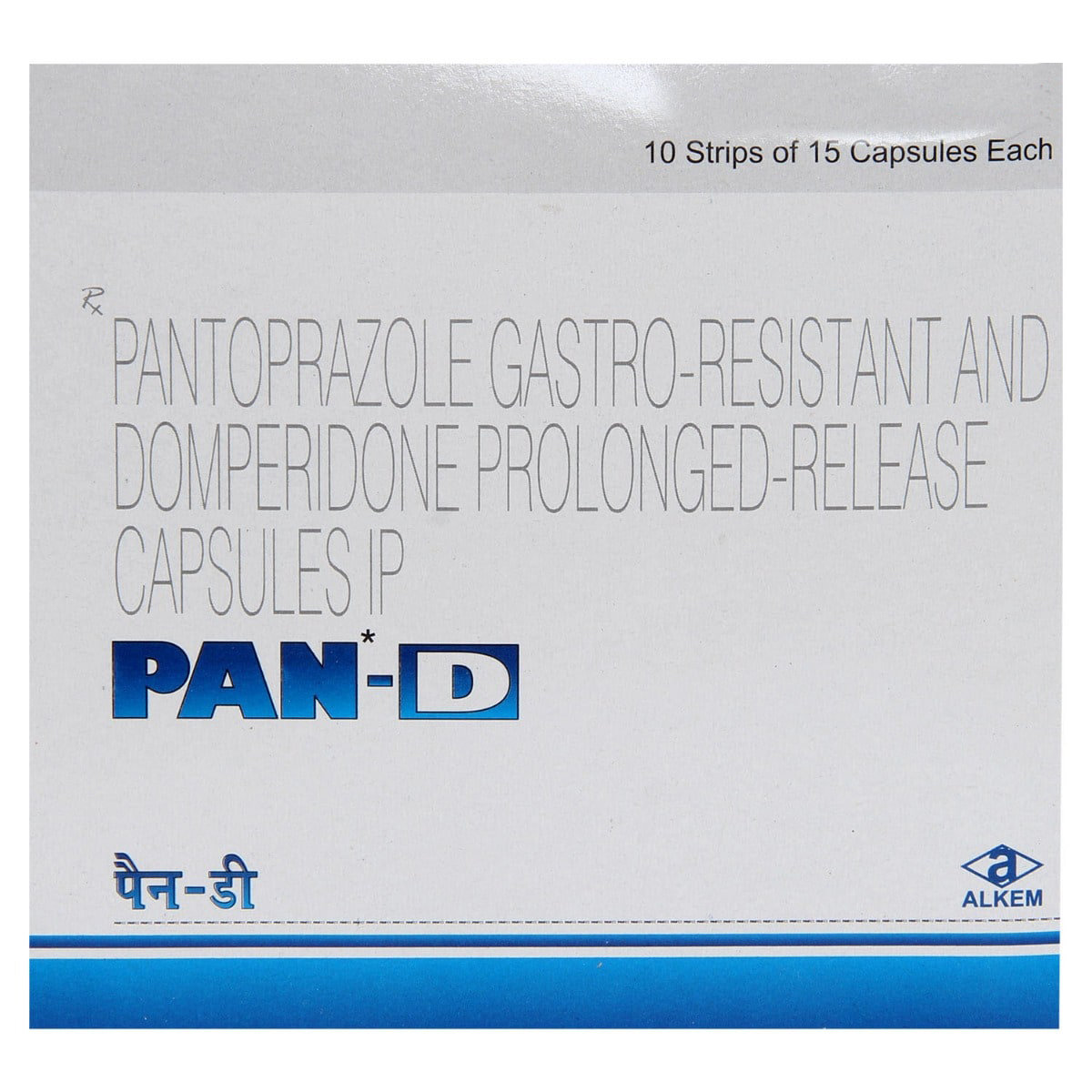 RX
RXPan-D Capsule 15's
₹253.50
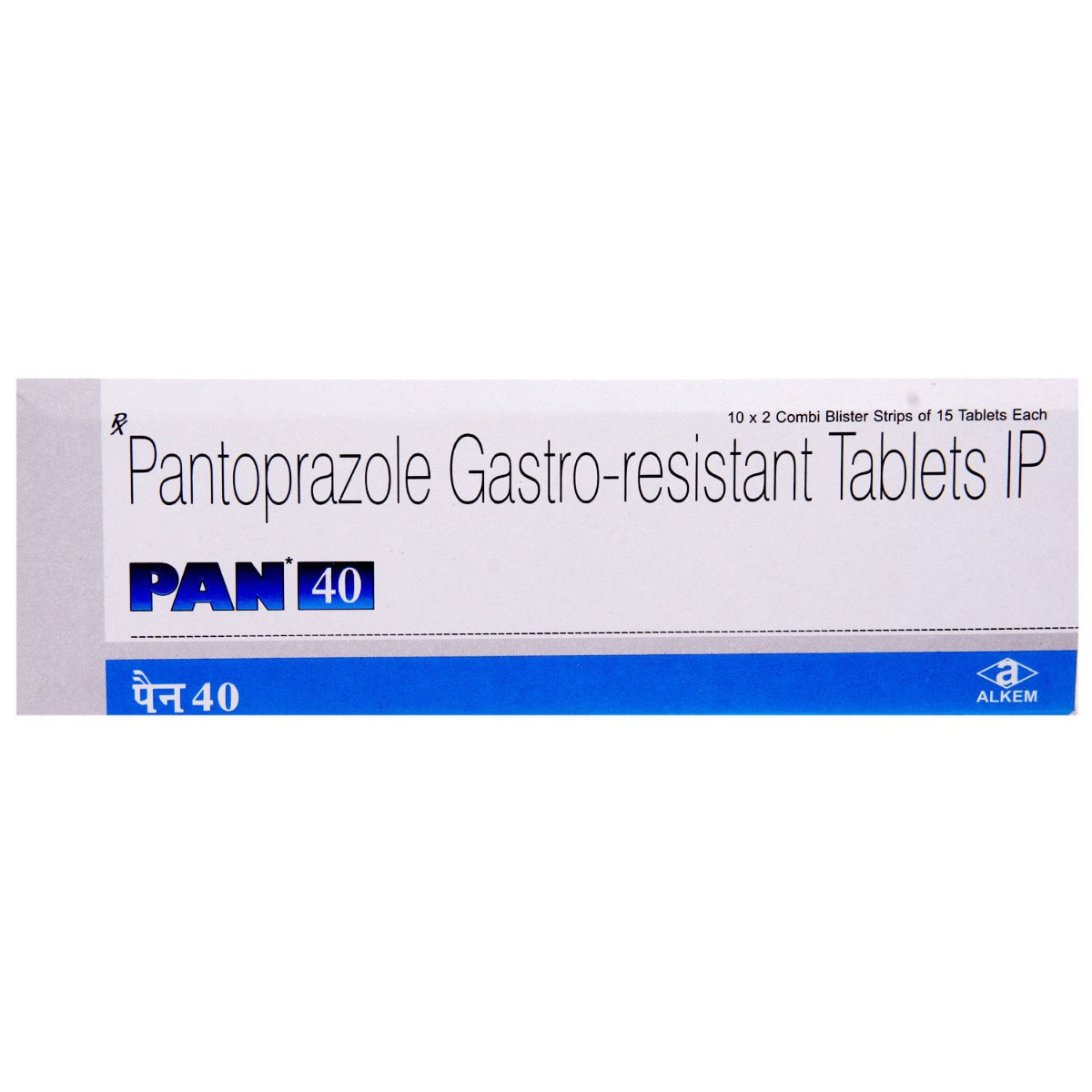 RX
RXPAN 40 Tablet 15's
₹186.50
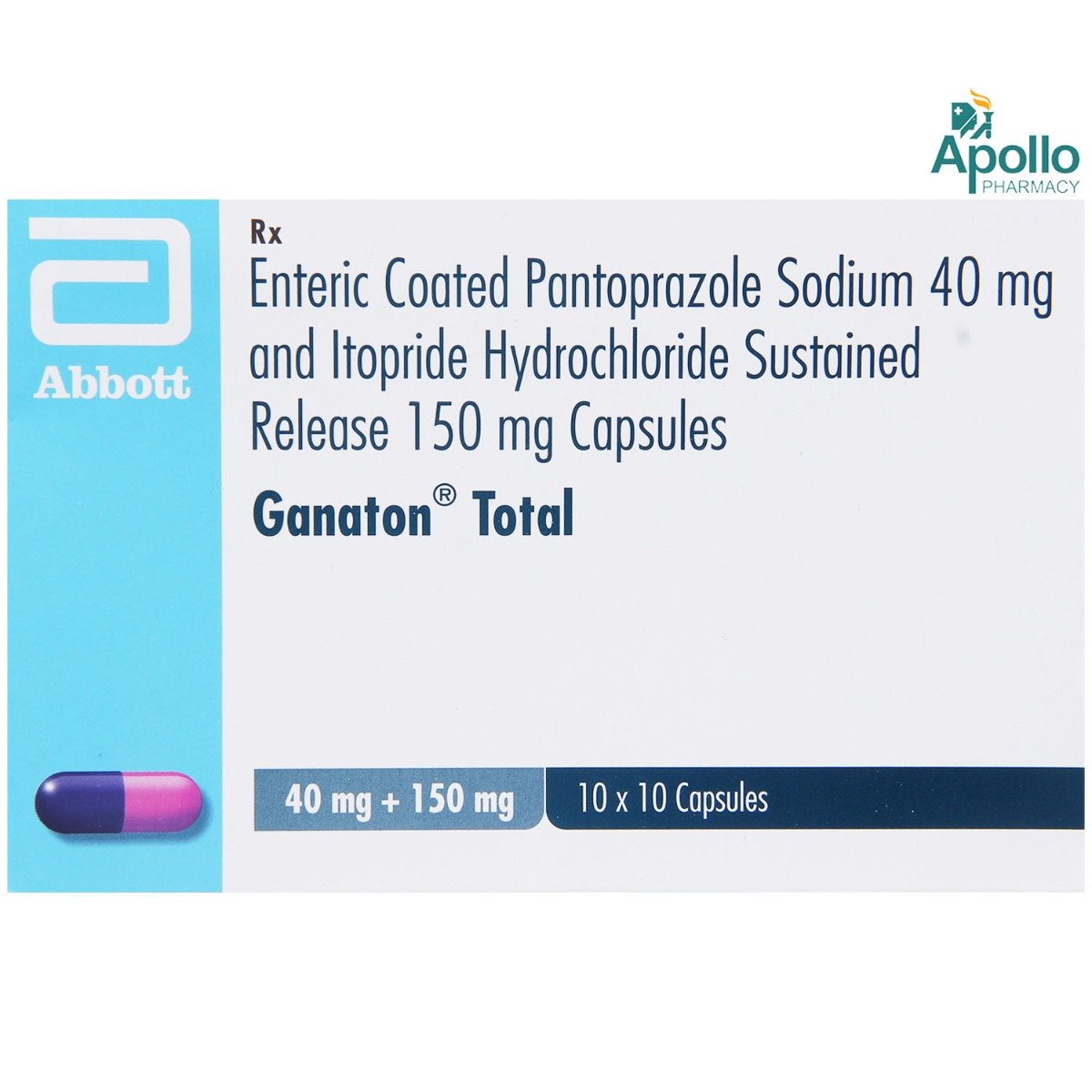 RX
RXGanaton Total Capsule 10's
₹511.50
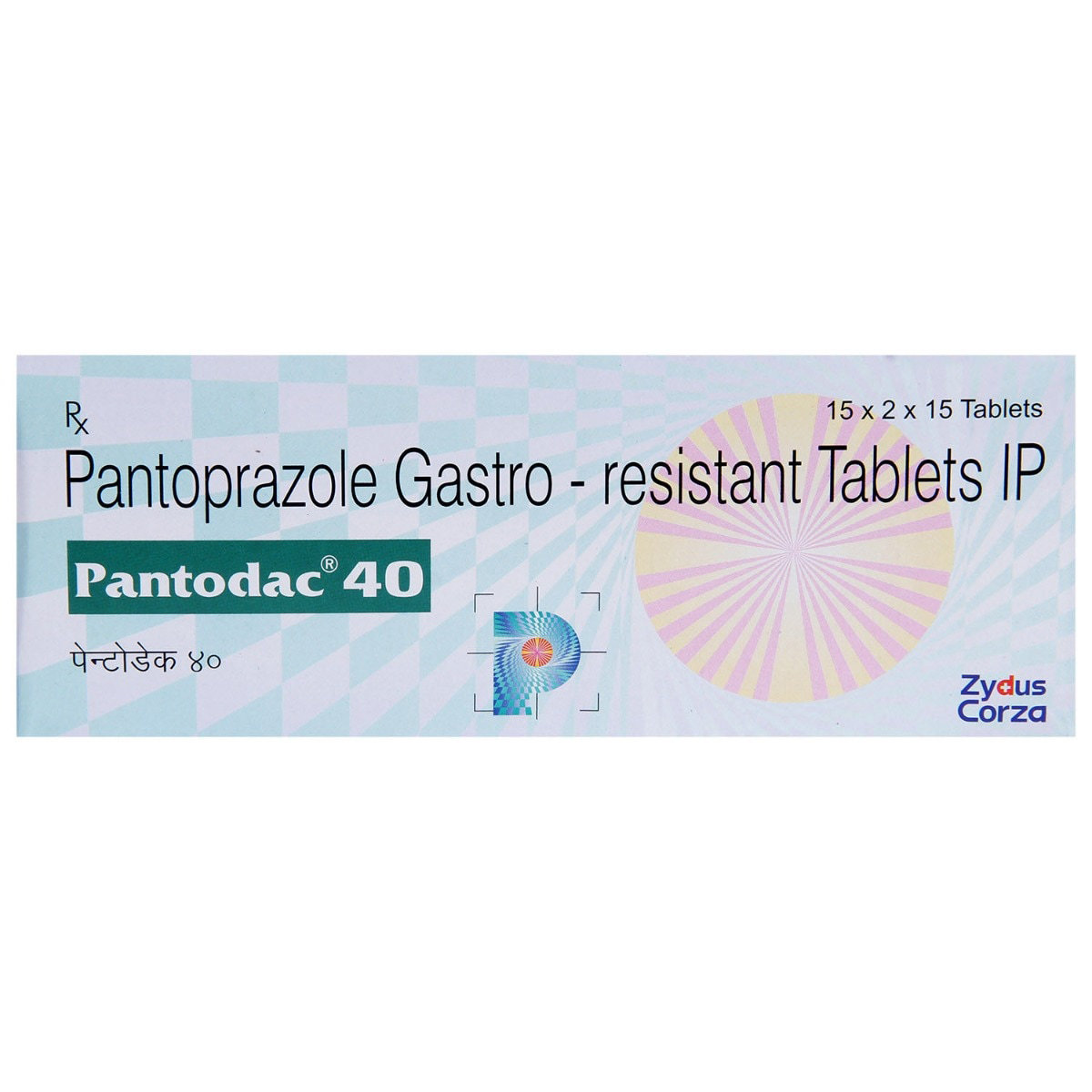 RX
RXPantodac 40 mg Tablet 15's
₹251.50
 RX
RXNew Pantosec DSR Capsule 10's
₹113.60
MRP ₹151.50
25% off
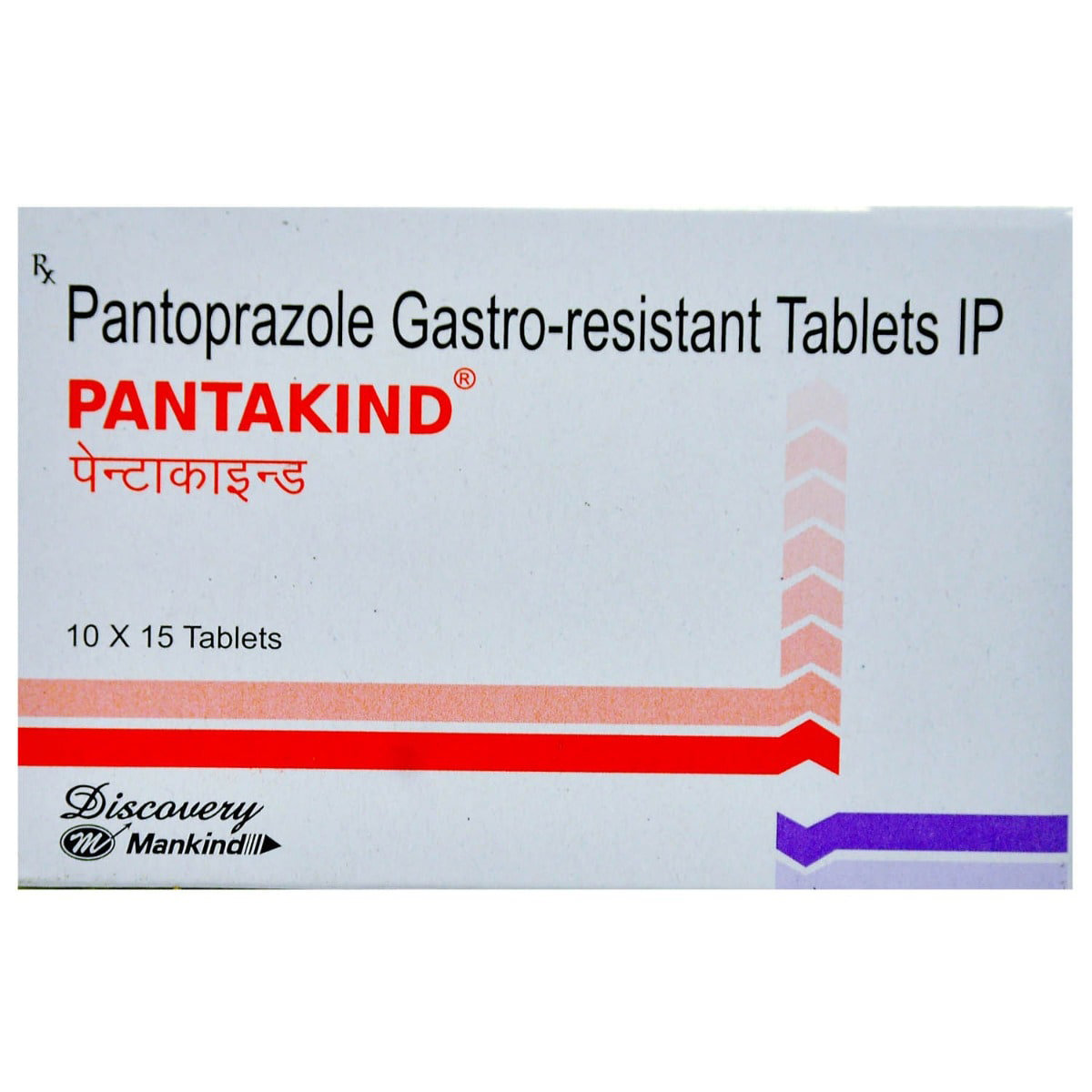 RX
RXPantakind Tablet 15's
₹84.50
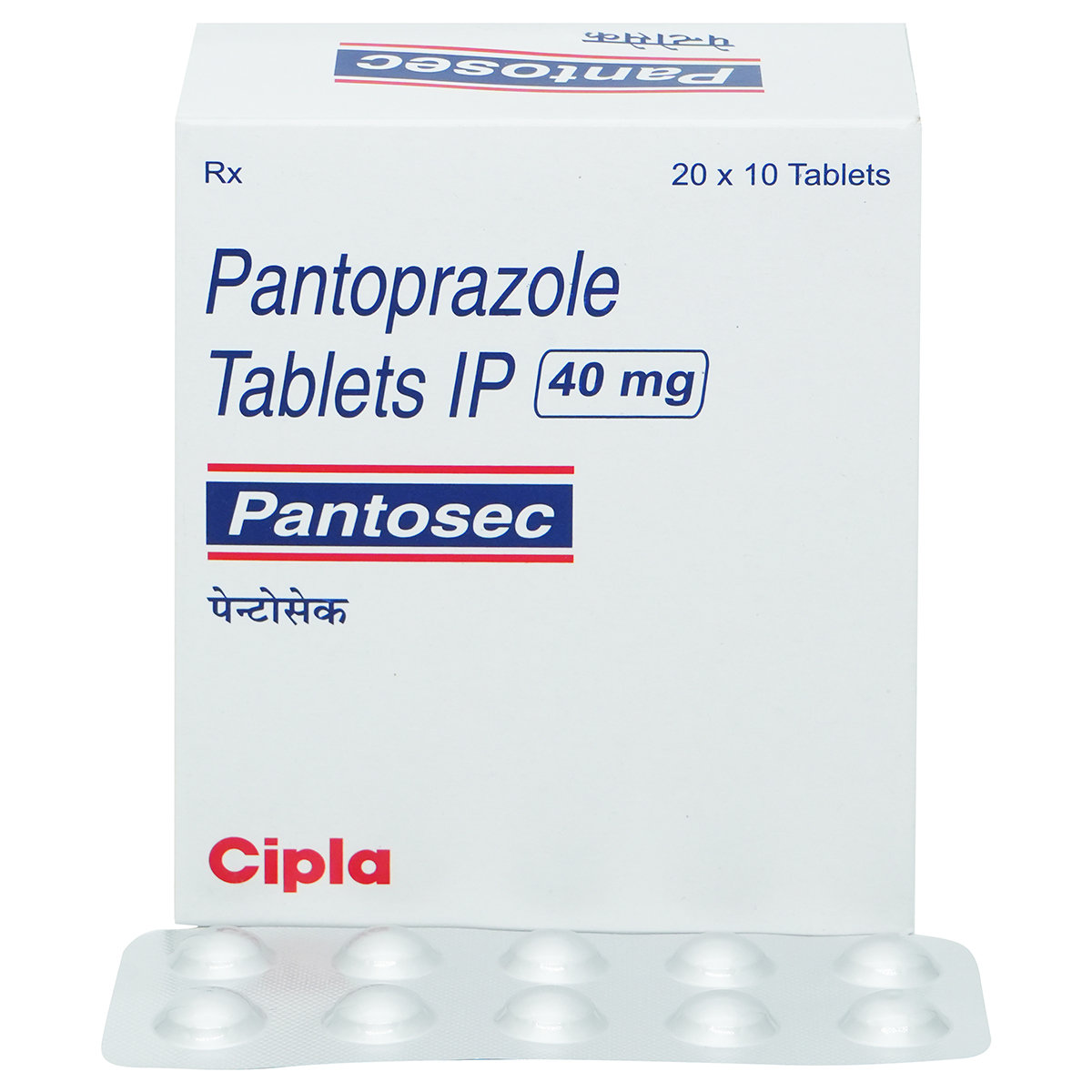 RX
RXPantosec 40 mg Tablet 10's
₹118.10
MRP ₹157.50
25% off
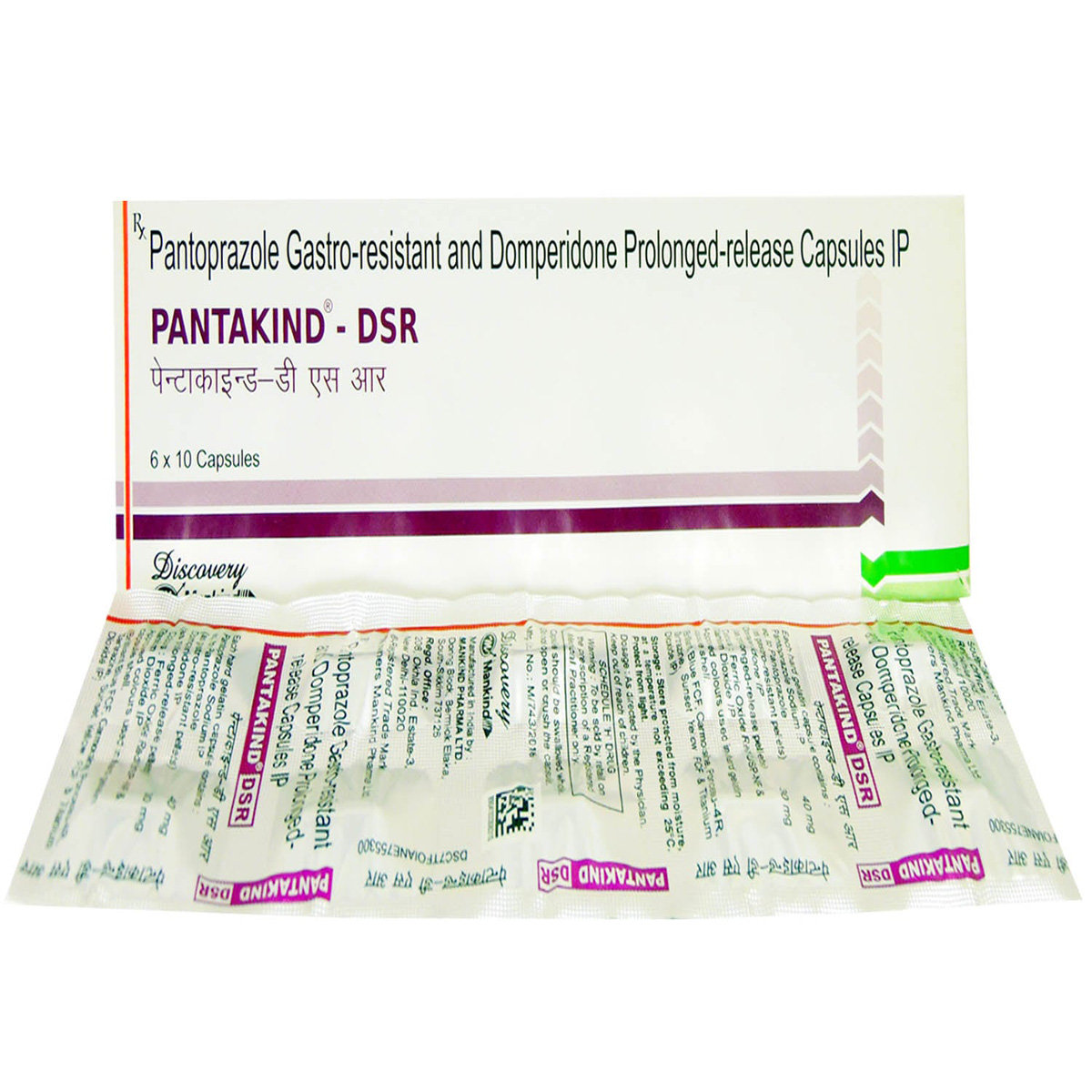 RX
RXPantakind-DSR Capsule 10's
₹120.50
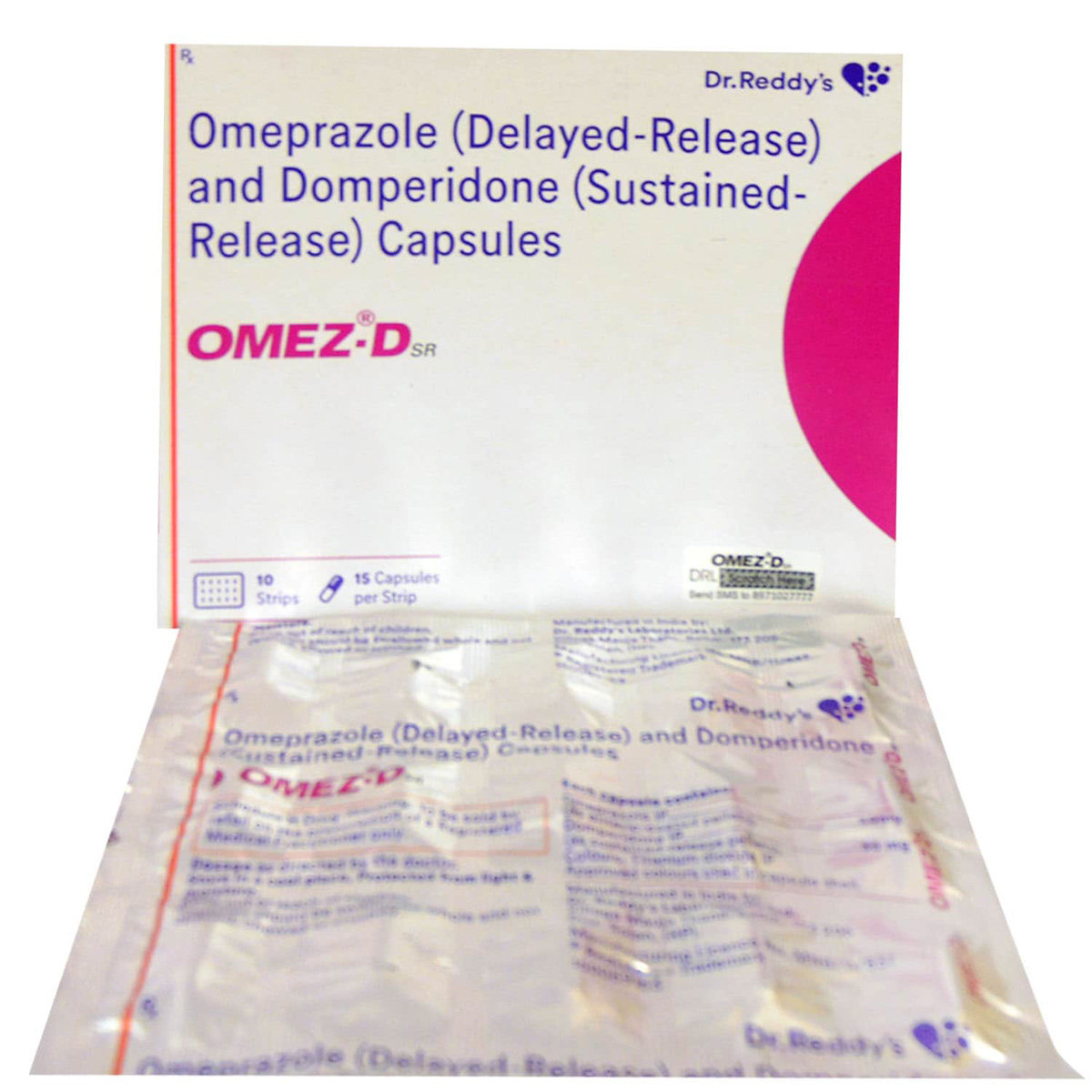 RX
RXOmez-DSR Capsule 15's
₹246.50
Medicines For Duodenal Ulcer
A duodenal ulcer is a common condition where an open sore forms in the lining of the duodenum, the first part of the small intestine. This ulcer occurs when the stomach acids damage the protective layer of the digestive tract, causing pain and discomfort. Duodenal ulcers are often a result of factors like bacterial infection (specifically Helicobacter pylori), the overuse of non-steroidal anti-inflammatory drugs (NSAIDs), or excessive alcohol consumption. Left untreated, these ulcers can lead to more severe complications, including bleeding and perforation. Fortunately, with the right treatment plan and medication, duodenal ulcers can heal effectively, and their symptoms can be managed.
Types of Medicines Used for Duodenal Ulcer
Several types of medicines are available to treat duodenal ulcers. These medicines are designed to reduce stomach acid, heal the ulcer, and eradicate any underlying infection that might be present. The primary categories of medicines used for treating duodenal ulcers include:
1. Proton Pump Inhibitors (PPIs)
PPIs are among the most commonly prescribed medicines for duodenal ulcers. They work by blocking the proton pump in the stomach lining, which is responsible for producing stomach acid. By reducing the amount of acid produced, PPIs help create an environment conducive to ulcer healing. These drugs also relieve pain and discomfort by preventing further acid production, which may irritate the ulcer.
2. H2-Receptor Antagonists (H2 Blockers)
H2 blockers are a type of medicine that helps reduce the amount of acid your stomach produces. They work by blocking a substance in the stomach that causes acid-producing cells to release more acid. By lowering the acid, these medicines help the ulcer heal and stop it from getting worse. H2 blockers are usually used for milder cases or along with other treatments.
3. Antibiotics
In cases where Helicobacter pylori infection is present, antibiotics are essential. The bacteria Helicobacter pylori is a major cause of duodenal ulcers, and treating it usually requires a combination of antibiotics to get rid of the infection. Common antibiotics like amoxicillin, clarithromycin, and metronidazole are often prescribed. These medicines help kill the bacteria, allowing the ulcer to heal on its own.
4. Antacids and Antisecretory Agents
Antacids neutralise stomach acid, providing quick relief from pain associated with ulcers. These are usually over-the-counter medicines that can be taken as needed. Antisecretory agents, such as misoprostol, work by increasing the production of mucus and bicarbonate in the stomach, which protects the stomach lining from acid. These medicines are useful when combined with other treatments to enhance healing.
5. Cytoprotective Agents
Cytoprotective agents, such as sucralfate, form a protective barrier over the ulcer, shielding it from stomach acid. This helps to promote healing and reduce irritation. They are often used in combination with other medicines, especially when treating ulcers that are resistant to other treatments.
Benefits of Using Medicines for Duodenal Ulcer
Medicines for duodenal ulcers offer several benefits, including:
- Pain Relief: These medicines reduce stomach acid and help the ulcer heal, which eases painful symptoms like burning stomach pain and bloating.
- Healing the Ulcer: They help heal the ulcer, stopping serious problems like bleeding, holes in the stomach, or scarring. This is important for your long-term digestive health.
- Lowering the Risk of the Ulcer Coming Back: Taking the right medicines can reduce the chances of the ulcer returning by treating the underlying causes, such as infection or too much stomach acid.
- Better Quality of Life: With the right treatment, you’ll have fewer disruptions to your daily activities, a better appetite, and feel better overall.
Dosage and Usage Instructions for Medicines for Duodenal Ulcer
The dosage and usage of medicines for duodenal ulcers depend on the specific medicine prescribed and the individual’s health needs. While it’s crucial to follow the exact instructions provided by your healthcare provider, here are some general guidelines for these medications:
- Proton Pump Inhibitors (PPIs): These are usually taken once or twice a day, depending on the severity of the ulcer. PPIs should be taken before meals for optimal absorption.
- H2 Blockers: Typically taken once or twice daily, H2 blockers should also be taken with or without food as per the doctor’s instructions. They may be used at night to reduce nocturnal acid production.
- Antibiotics: When prescribed for Helicobacter pylori infection, antibiotics are often taken for a prescribed period (usually 7-14 days). It’s crucial to complete the full course to prevent bacterial resistance.
- Antacids and Antisecretory Agents: These are taken as needed to relieve symptoms. Antacids are usually taken after meals or at bedtime, while antisecretory agents may be taken on a regular schedule.
- Cytoprotective Agents: These should be taken on an empty stomach, typically one hour before meals or at bedtime. Your healthcare provider will determine the appropriate dose and frequency.
As with all medications, it’s essential to follow your doctor’s guidance and not self-medicate. Overuse or misuse of these drugs can lead to complications or prolonged side effects.
Medicines for duodenal ulcers play a crucial role in managing and healing the condition. By understanding the types of medicines, their benefits, and how to use them effectively, you can take charge of your health and work towards recovery.
Buy Medicines for Duodenal Ulcer Online at Apollo 24|7
If you're looking for an easy and trusted way to buy medicines for duodenal ulcers, Apollo 24|7 has a wide range of both prescription and over-the-counter options. Their website lets you browse medicines, read reviews from other customers, and even talk to healthcare professionals for advice on the best treatment for you. Whether you're treating an existing ulcer or trying to prevent one, buying medicines for duodenal ulcers from Apollo 24|7 ensures you get high-quality care and quick delivery right to your home.
Frequently asked questions
The best medicine for treating a duodenal ulcer depends on the underlying cause. Proton pump inhibitors (PPIs) and H2 blockers are commonly used to reduce stomach acid, while antibiotics may be prescribed if an H. pylori infection is present.
Duodenal ulcers generally begin to heal within a few weeks of treatment, although complete healing can take up to 8 weeks. It’s important to follow the prescribed medication regimen to ensure full recovery.
Common side effects of medications for duodenal ulcers can include nausea, headache, or diarrhoea. Rare side effects include an increased risk of bone fractures or infections with prolonged use of PPIs.
It’s important to continue taking your prescribed medication for the full duration, even if you start feeling better. Stopping treatment prematurely can lead to recurrence or complications.
Yes, you can buy medicines for duodenal ulcers online through reputable platforms such as Apollo 24|7, ensuring safe and secure delivery of your prescriptions.

